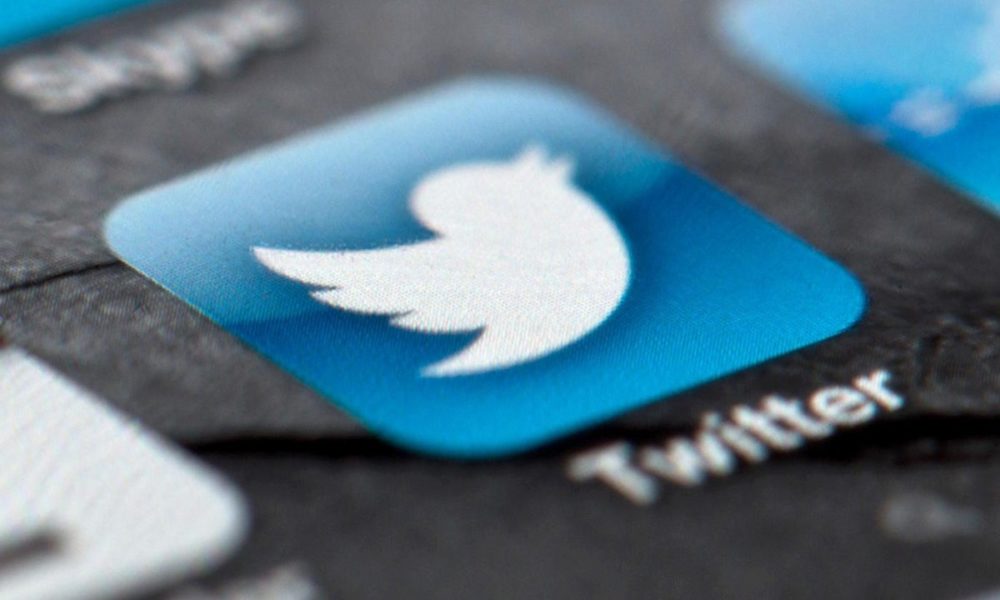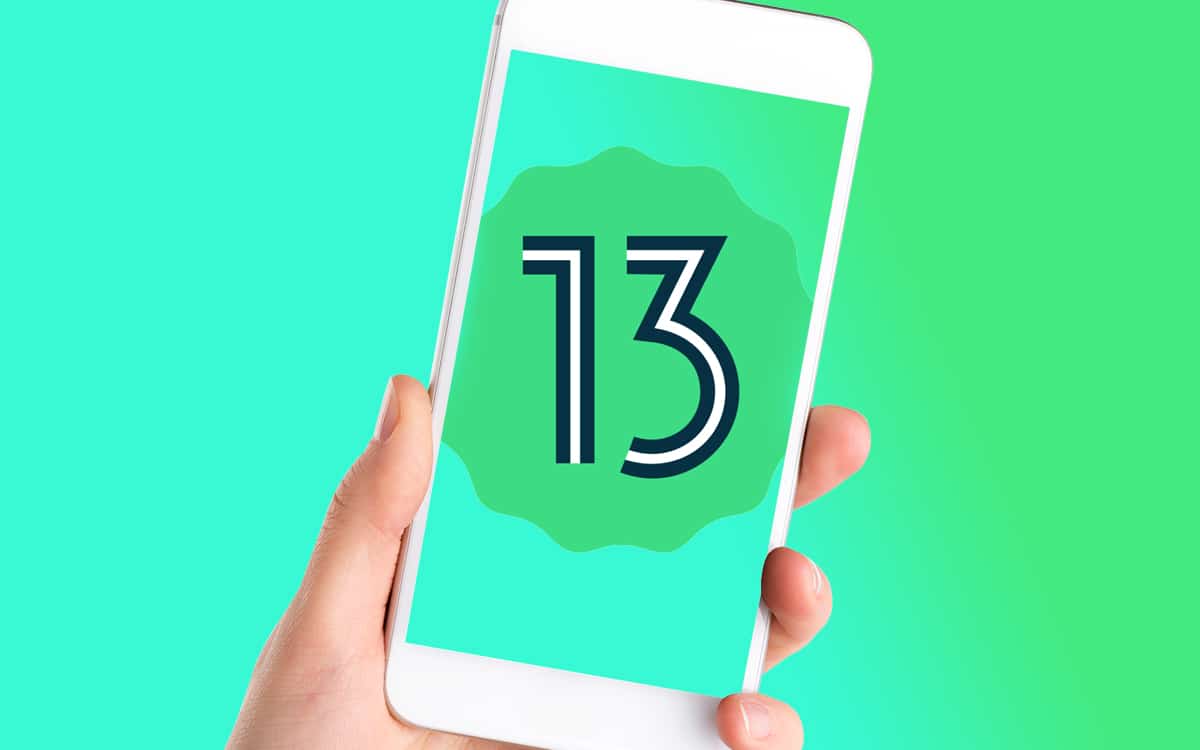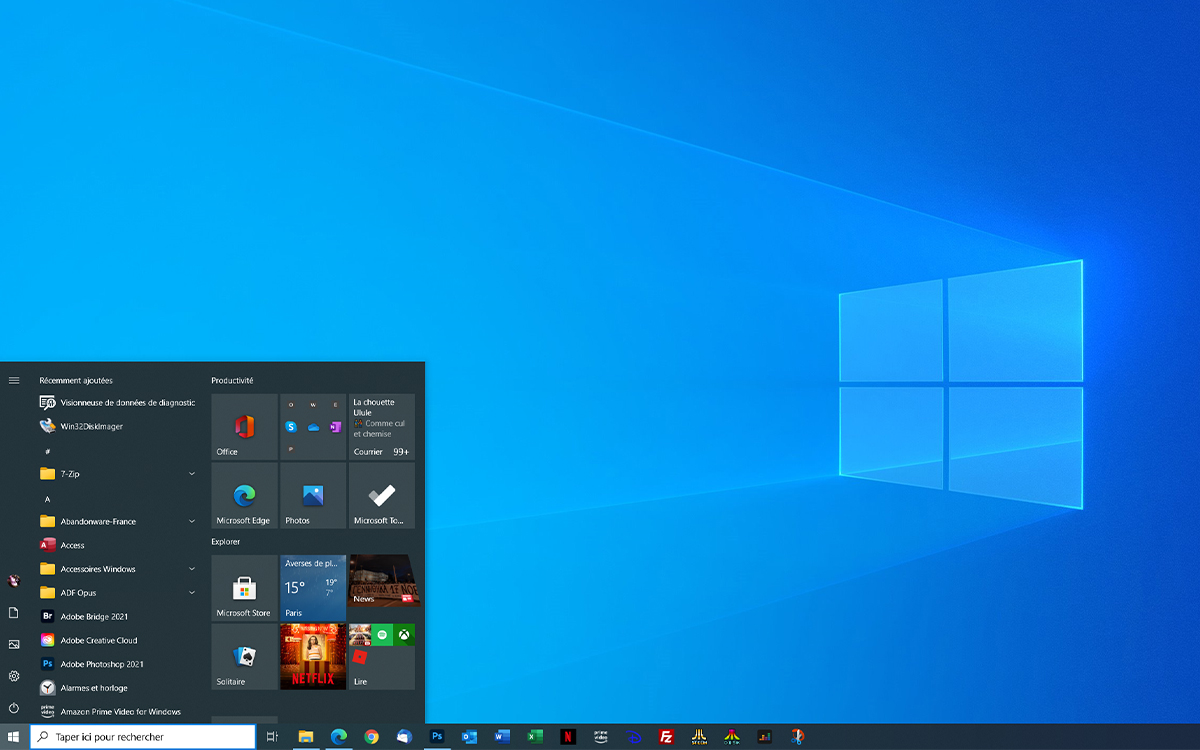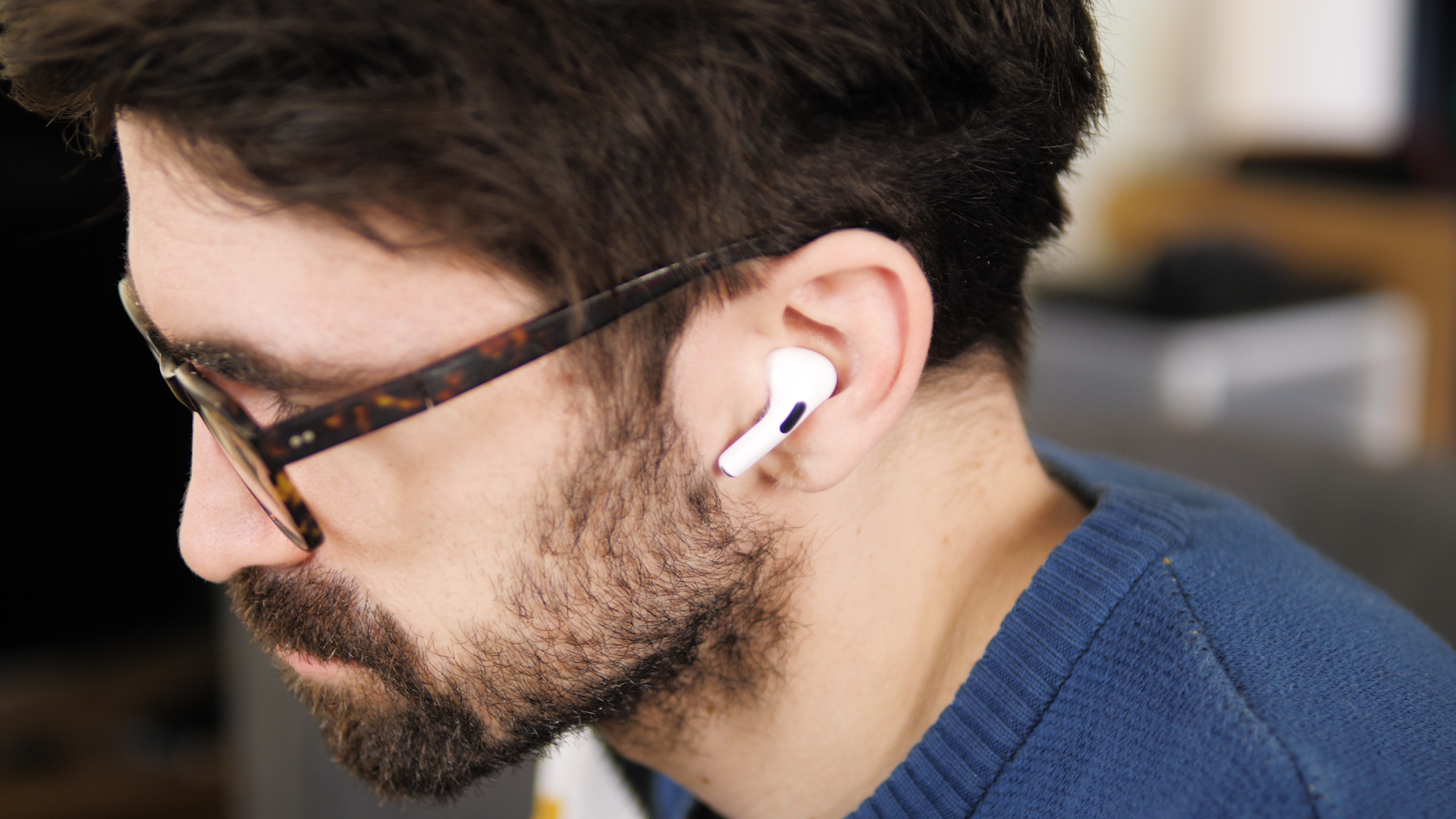
To those who thought / thought that with the confirmation of the purchase of Twitter by Elon Musk the end of the soap opera had been reached, reality had something very, very different in store for us. In reality, and continuing with the simile of soap operas, we can consider that moment as the end of a first season whose managers have not yet signed the renewal and, out of courtesy to their followers, opt for an ending without cliffhangersbut with plenty of room for what may come next.
A few days after the end of the broadcast of the first season, the renewal agreement arrives, in the shadow of a great success with the public and critics, and what seemed like a closed end begins to leak everywhere, to the solace of an audience very satisfied with the cares of the super-rich. Inés Rodena, with her mythical “The rich also cry”, told us what we are experiencing these days, Televisa not only scored a huge success, she also added clairvoyance to her resume.
they came first challenges to the purchase of Twitter or, at least, to the terms defined for it. Some managers of pension plans with investments in Twitter considered that the lack of an adequate term to correctly review the parameters of the merger could compromise their investments and, therefore, the retirement pensions of their clients. Something that, I want to think, will be taken into account by the regulators that must supervise the operation.
ANDn other acquisition operations discretion is a key aspect. In recent times we have seen how Microsoft completed the purchase of Zenimax, and how NVIDIA finally did not take ownership of ARM Holdings. Two operations with different results, but in which all parties have been very discreet during the process. Of course, in the case of the Twitter purchase, expecting Elon Musk to be discreet is not asking for pears from the elm tree, it is like planting a 50-cent coin and waiting for a tree of 100-euro bills.
Because, and this must be admitted Like it or not, Elon Musk is a loudmouth.. With better or worse intentions, with successes and failures that remain in the memory, but we are talking about a genuine loudmouth, one of those who when they speak goes up (or down) bread Bitcoin and, during the last few weeks, especially before but also after the acquisition was confirmed, he has spared no comments on Twitter in every way.
Just two days ago he gave a blow of effect by stating that the operation was paused until the real volume of false accounts on Twitter could be verified. A few weeks before the confirmation of the purchase, Twitter already gave some data on the calculations of its volume of real users of the service, and one would think that Musk would have already done some research on the matter before launching into the purchase. Because we don’t want to think that you could have embarked on such an ambitious operation without doing your homework first, right?
Be that as it may, the announcement that it was suspending the operation was followed by some tweets (as it could not be otherwise, of course), with one in particular in which he stated that he was going to carry out his own checks on the matter (how?, that he had not done it before? I am stunned…) and that for this he would carry out the measurement with 100 random accounts, the same amount used by Twitter to carry out said verification.
The problem is in the bold highlighted part of the last paragraph. Sure enough, Twitter ran that test based on 100 random accounts. And how does Elon Musk know? Because that information appears in the agreement signed between both parties. So far so good, except for one detail, and that is that both parties had signed a confidentiality agreement (NDA). In other words, Elon Musk has released something that he has promised, in writing, not to release. Something that he himself admitted, a posteriori, in another tweet.
It’s becoming clearer every day that Musk wasn’t the smartest in his class, but I don’t think he’s dumb enough not to be aware that he was divulging something he shouldn’t divulge. So what is this attitude? What are you looking for with this provocation? Perhaps divert attention from regulators? Maybe renegotiate the purchase amount? An excuse to back down after realizing the financial implications of the operation? I wish I knew, but we still have a few episodes to go before we get to that point.




